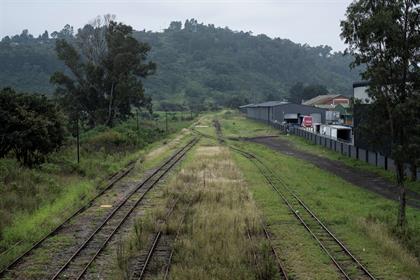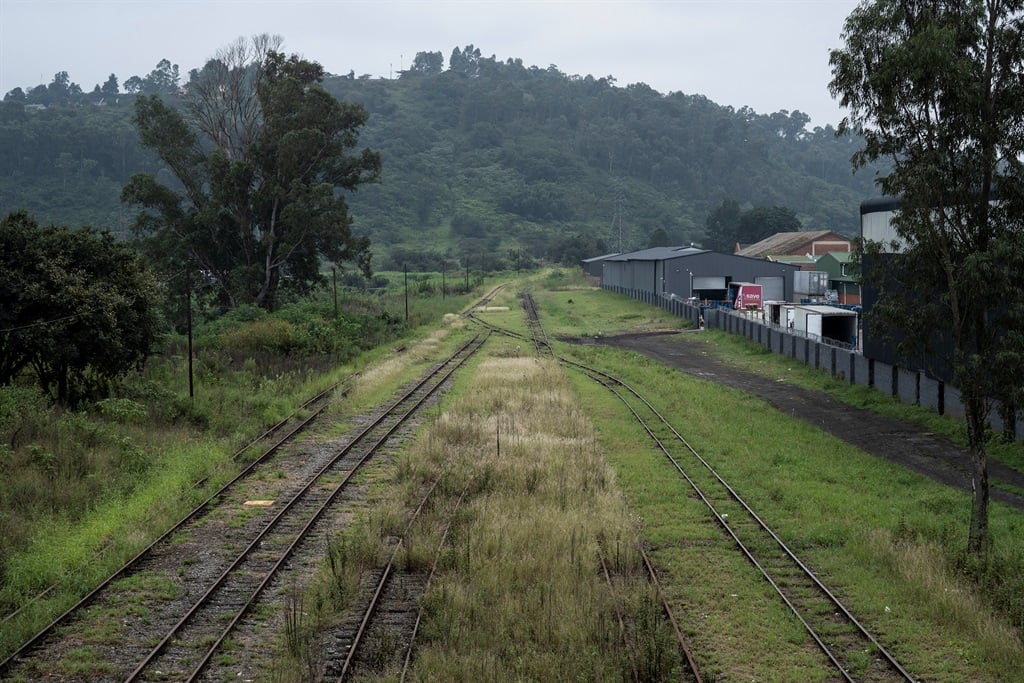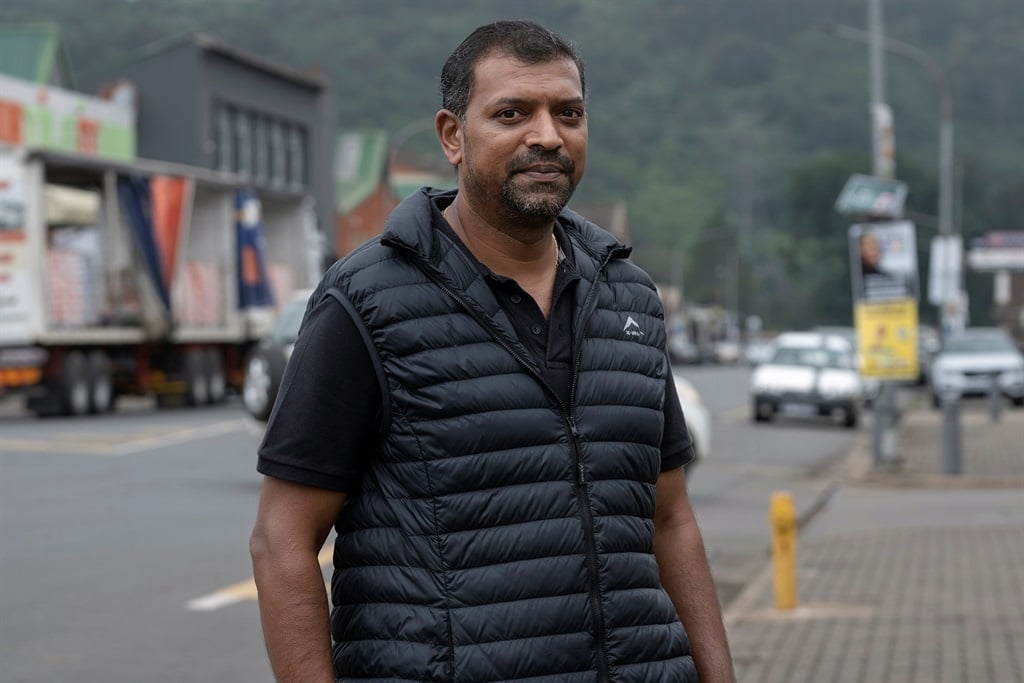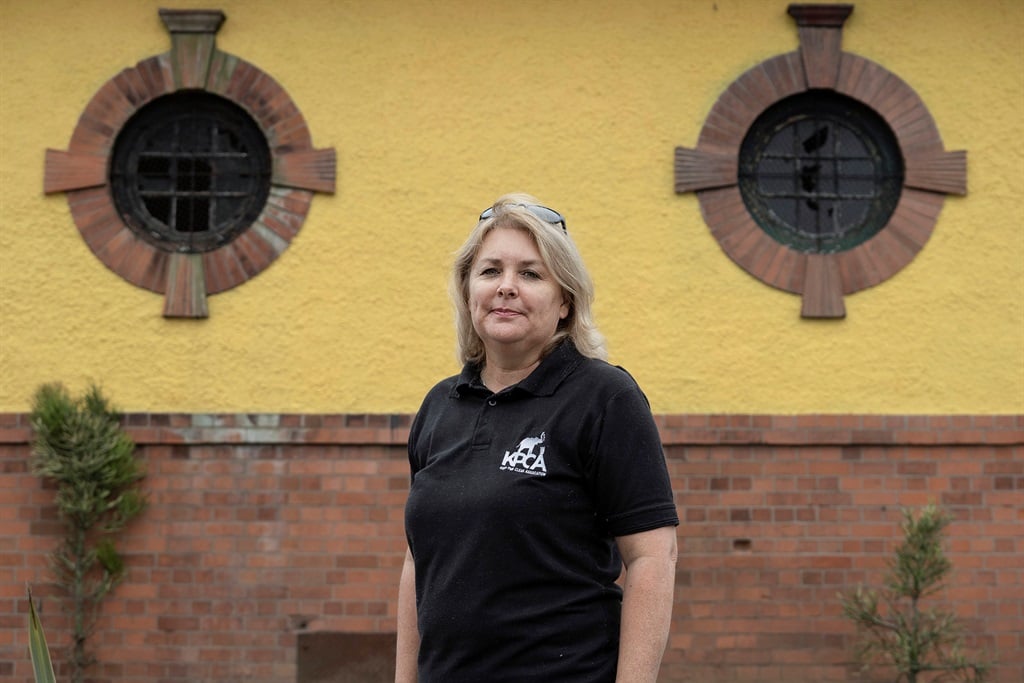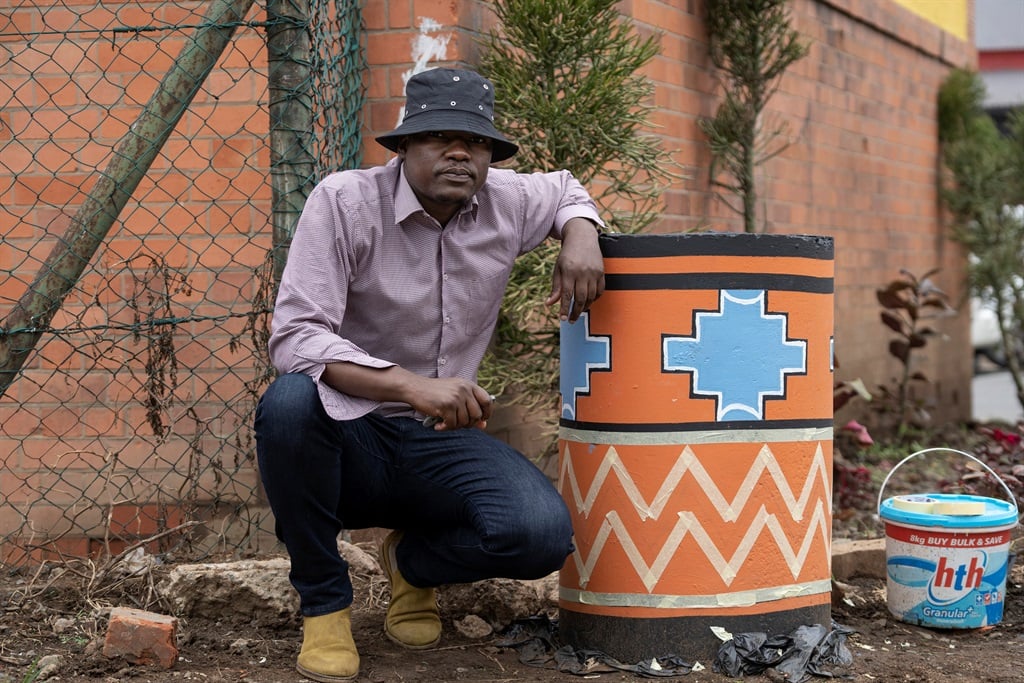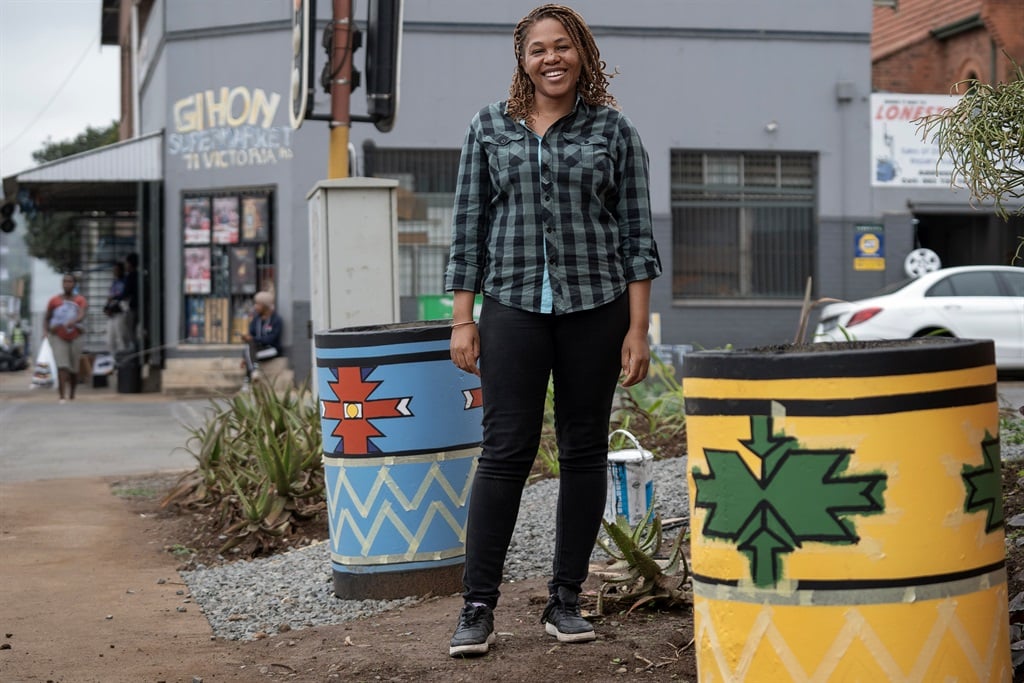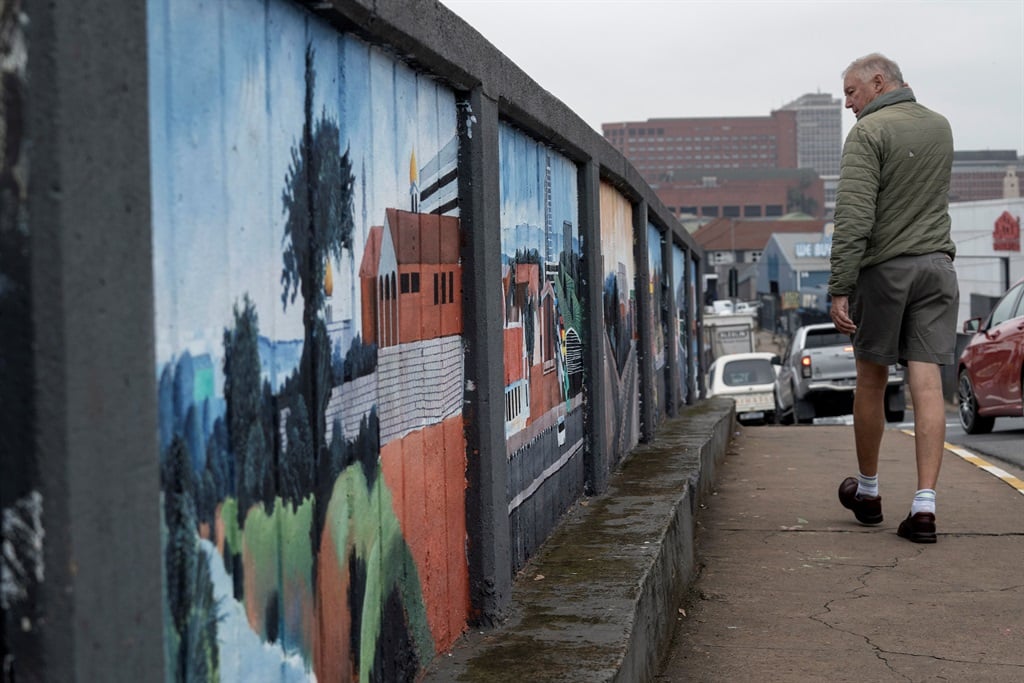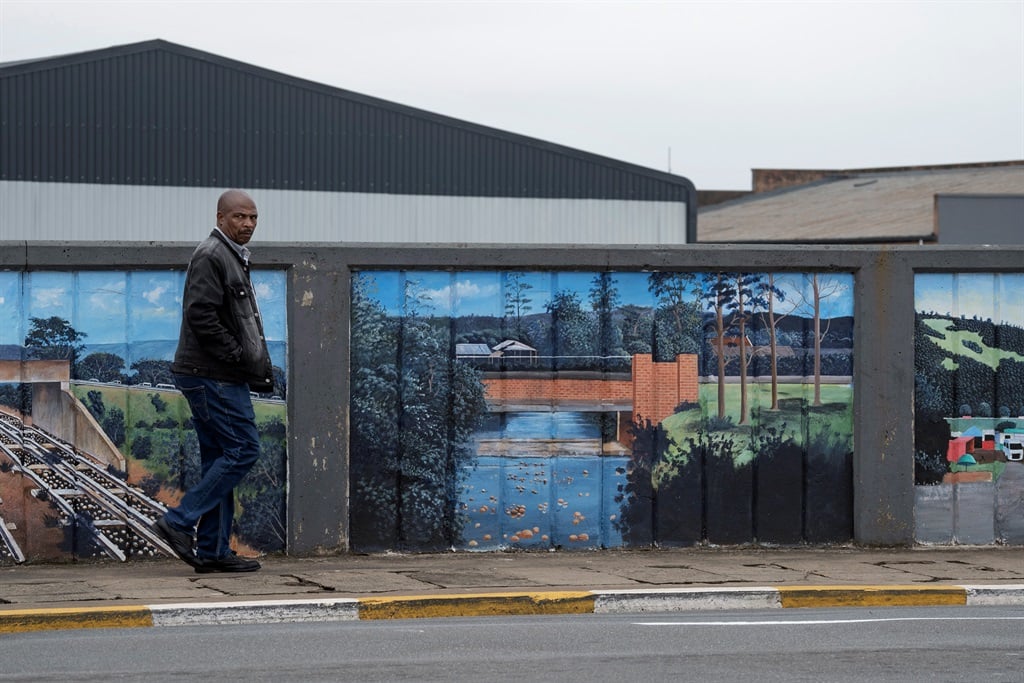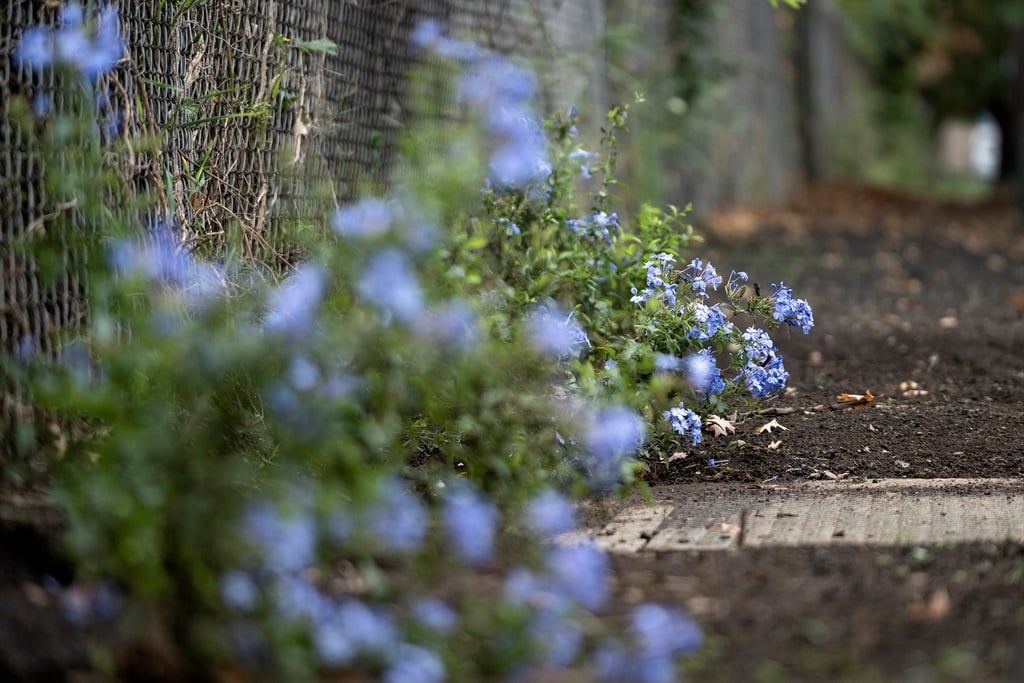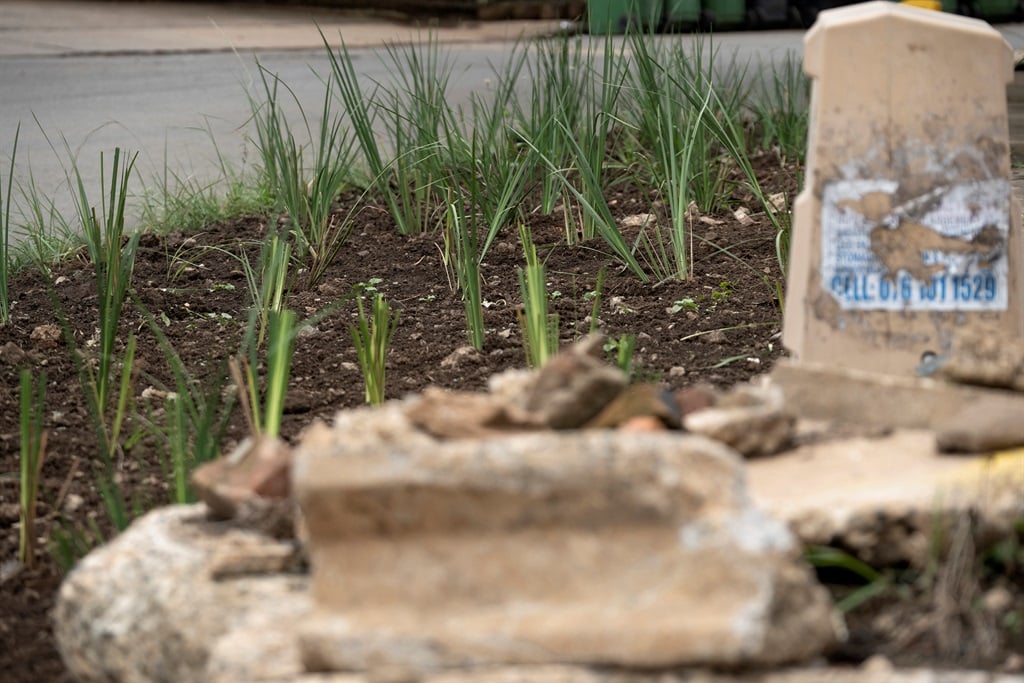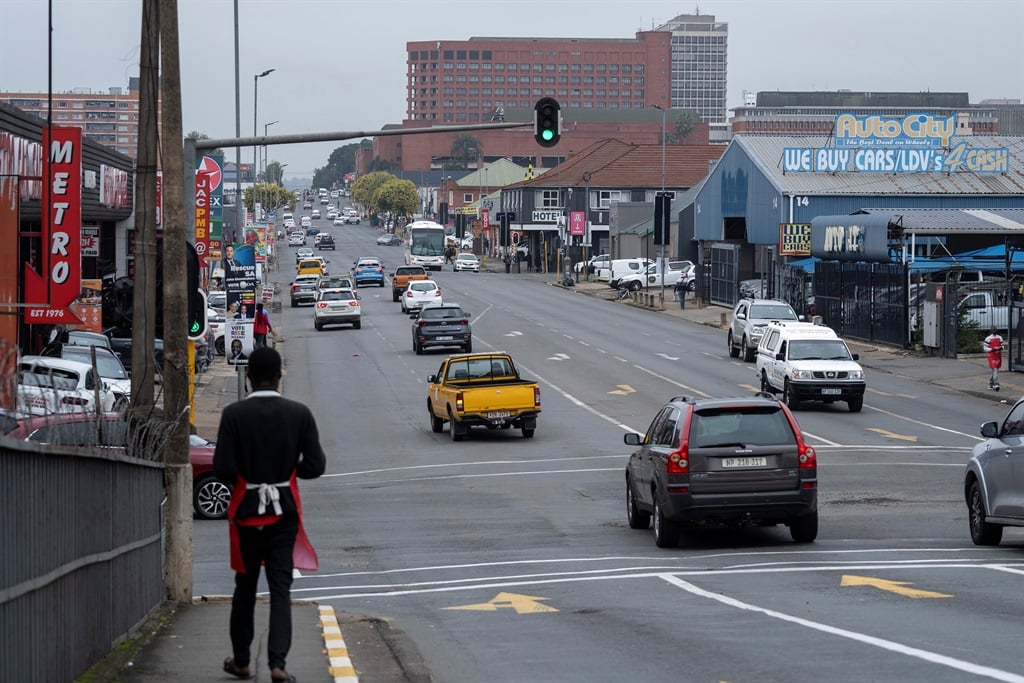- Dry taps, prolonged power outages, non-existent refuse collection, and rampant crime are the norm in Pietermaritzburg, but artists and businesses refuse to watch their city sink into further despair.
- They have taken matters into their own hands, led by the Keep Pietermaritzburg Clean Action Group, and are doing their bit to restore the city.
- In the series, On The Road, News24 is traversing the country to gauge South Africans’ feelings ahead of the elections.
Like most South African cities, Pietermaritzburg faces a multitude of challenges, from electricity cuts, water shortages, crime, ageing or crumbling infrastructure, and land grabs to unemployment.
The challenges plaguing the “City of Choice” are not unique.
In the spirit of electioneering, the Msunduzi Municipality recently started sweeping the streets, repairing some roads, and clearing illegal dumping sites.
KwaZulu-Natal’s capital city is drowned in filth and heaps of rubbish, grass cutting occasionally happens in parts of the city and some of its iconic buildings, including City Hall, have been neglected.
These are all indicative of the beleaguered municipality’s precarious financial position leading to it halting projects this week and enforcing “cost containment measures”.
But a group of Pietermaritzburg residents, businesses and talented artists have taken it upon themselves to restore the city, using art and gardening.
For Lara Edmond, who is the Keep Pietermaritzburg Clean Action Group’s (KPCA) executive director and campaign manager, the vandalism of the iconic City Hall’s roof in 2021 and the general state of the city centre was the tipping point.
ON THE ROAD | Durban’s decay: From Surf City to Surf Sh***y
Meanwhile, Save Hyper store manager Indrin Pillay knew the hypermarket in Victoria Drive would not survive if they continued to look the other way as the city sank further into despair.
Since Save Hyper adopted and took ownership of Victoria Road, the street is among the cleanest in the city.
A group of artists led by Khethiwe Kunene are using their skills to beautify the previously eyesores in Pietermaritzburg.
“It was the miracle of collaboration,” Edmond said of the community effort to resurrect the city.
“It’s also hope, and hope grows; that’s what I feel that art has played a key role in a city that is so dysfunctional and quite a mess, beauty and art inspire hope, and so you feel like you have a purpose, and that’s so fulfilling,” she added.
The NPO was registered in 2023, but the work had long started by highlighting the deterioration in the city centre.
The group embarked on a campaign to make some noise and raise awareness about how the city had hit rock bottom.
Edmond subsequently challenged Mayor Mzimkhulu Thebolla to a meeting and join the community.
The mayor agreed to a later meeting to discuss the finer details.
On brand with most politicians, Thebolla has yet to meet with the group.
This did not deter Edmond, whose mantra has always been “we will start, and you can catch up with us”.
But the key to what has seen parts of Pietermaritzburg cleaned and received much-needed facelifts was knocking on doors and bringing businesses and visual artists on board.
The artists volunteer their time and skill by painting rubbish bins and bringing some colour.
One artist, Siyabonga Sikosana, is tasked with painting a bridge while others paint rubbish bins in bright tones.
His meticulous work on the bridge pays tribute to Comrades Marathon House, the 2023 Rugby World Cup and the sponsoring business, Save Hyper.
The plan is also to paint a massive mural on a building that once housed one of the city’s electricity sub-stations. It had since become a den for vagrants.
Kunene of Mindful Art Society, which empowers emerging artists in Pietermaritzburg, leads a group of artists who have been painting bins and bridges.
The artists have chosen Ndebele print for the rubbish bins.
She said she realised the extent of the decay in Pietermaritzburg after returning from a 15-year stint in Johannesburg in 2020.
“There isn’t much of a creative space in Maritzburg. I love Maritzburg, and we want to create that space in Maritzburg. That is what we are doing,” Kunene added.
She said upon returning to her hometown in 2020, she immediately noticed the city was different.
Reflecting on her upbringing in Pietermaritzburg, Kunene added:
The Maritzburg I grew up in is not the Maritzburg that exists now.
She said the city used to be much safer, but that this was no longer the case.
“I lived in Hayfields and could walk from Hayfields to the gallery by myself. I used to go to markets, and I was allowed to go by myself.
“The energy in Maritzburg was different. There was a sense of community, and today, people are locked up in their homes; you don’t find young getting together anymore,” Kunene added.
Also worrying Kunene was the high number of Pietermaritzburg residents moving to towns that appear to be better run, such as Howick and Hilton in the DA-run uMngeni.
“Coming back was a shock for me. But the funny thing is that everyone I’ve approached to help has been keen to help,” she said.
“Many of them are disillusioned because they’ve tried before and seen what’s happening, especially in the CBD,” she said, adding she was inspired by the positive responses she received from others who were keen to join.
“People are very invested in seeing things change and that motivates me.”
Several business and schools have also joined KPCA’s efforts.
Kyle Baskerville of Bo’s Plant hire said getting involved when KPCA approached him was a no-brainer.
“The city was falling apart, we could see it, the roads were falling apart, there were potholes everywhere, and we were involved with another [resident who was repairing potholes] in different parts of Maritzburg, and we realised the benefit of repairing potholes there and what it did for the community.
“Since getting involved, we have seen a massive change; we have managed to get the mayor in meetings.”
Baskerville said previously the area was grappling with burst water pipes, potholes and drug dealers.
“As soon as you start cleaning up, people take pride in it and the crime goes down, businesses improve because people feel safer to come to the businesses.
“From a financial point of view, if we let this place fall apart, then our property values decline, we get less turnover, our revenue drops.
“It is in our interest to look after the community around us because if there is upliftment, there is high revenue, and we can afford to put money back into the community.”
Meanwhile, the uMsunduzi River Crisis Committee launched a petition on change.org on 3 April.
The petition expresses the community’s concern “the Msunduzi Municipality is failing to manage the solid waste and the sewage waste of the greater Pietermaritzburg community and has been failing to do so for many years”.
It claims the “level of E. coli bacteria in our rivers and streams has increased ten-fold since 2010”, and complains about the rubbish in the streets and public spaces.
“We are embarrassed at the state of our city and its surrounds, which has become increasingly squalid. Several parts of our town do not have a functioning waste management service, and informal dumpsites abound,” reads the petition, which had 371 signatures by Friday afternoon.
ON THE ROAD | Mkhondo residents grapple with illegal dumping and generally ‘f***ed up’ town ahead of polls
But residents might have to fend for themselves even more in the coming months.
Indicative of the municipality’s financial predicament, the municipal manager, on 3 April, sent a circular to all staff, stating “due to the current financial position of the council” several cost-containing measures should be implemented.
This includes that all council-funded projects must be stopped, “unless it’s a compliance or emergency issue”.
Measures also included “drastic internal processes for debt collection” and enhancing by-laws to “assist with revenue collection”.
“Reduce electricity and water losses as a matter of urgency,” read another of the measures.

